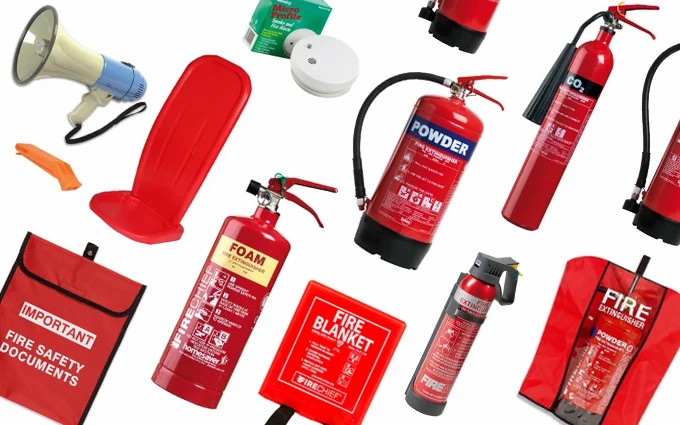


 349,500 Offered Certificates
349,500 Offered Certificates
 24/7 Online Training
24/7 Online Training
 Money Back Guarantee
Money Back Guarantee
 Fully Accredited Courses
Fully Accredited Courses

Created at: 23-02-2025 19:45
Fire safety in the workplace is of paramount importance in Ireland. Fire Wardens and Fire Marshals play crucial roles in ensuring safety protocols are followed, risks are minimized, and effective response procedures are established. In this comprehensive guide, we’ll delve into their key responsibilities, training requirements, and the significance of certification for enhancing workplace safety.
Fire Wardens and Fire Marshals serve as the frontline defenders in maintaining a safe working environment. Their roles, while related, have specific responsibilities:
Fire Wardens are responsible for identifying potential fire hazards in the workplace. This includes:
Creating a robust emergency plan is essential for effective fire response. Fire Wardens should:
In case of an emergency, Fire Wardens must:
Fire Marshals are tasked with training staff on fire safety protocols. They should:
Conducting risk assessments is critical for fire safety. Fire Marshals should:
Both Fire Wardens and Fire Marshals must be aware of their legal obligations under Irish fire safety law, which includes:
Obtaining a Fire Warden Certificate or Fire Marshal Certification is essential for compliance with fire safety regulations in Ireland. These certifications validate the knowledge and skills required to carry out fire safety responsibilities effectively.
Organizations in Dublin, Cork, Galway, Limerick, Waterford, and other urban areas offer various training courses, such as:
Fire Wardens and Fire Marshals are vital for ensuring fire safety in the workplace. Their roles encompass prevention, emergency planning, and rigorous training and certification processes that enhance overall safety. By investing in Fire Warden Training in Dublin, Cork, Galway, and Limerick, organizations can significantly reduce fire-related risks and improve response readiness.
For more information or to enroll in a training course, contact us at [email protected].